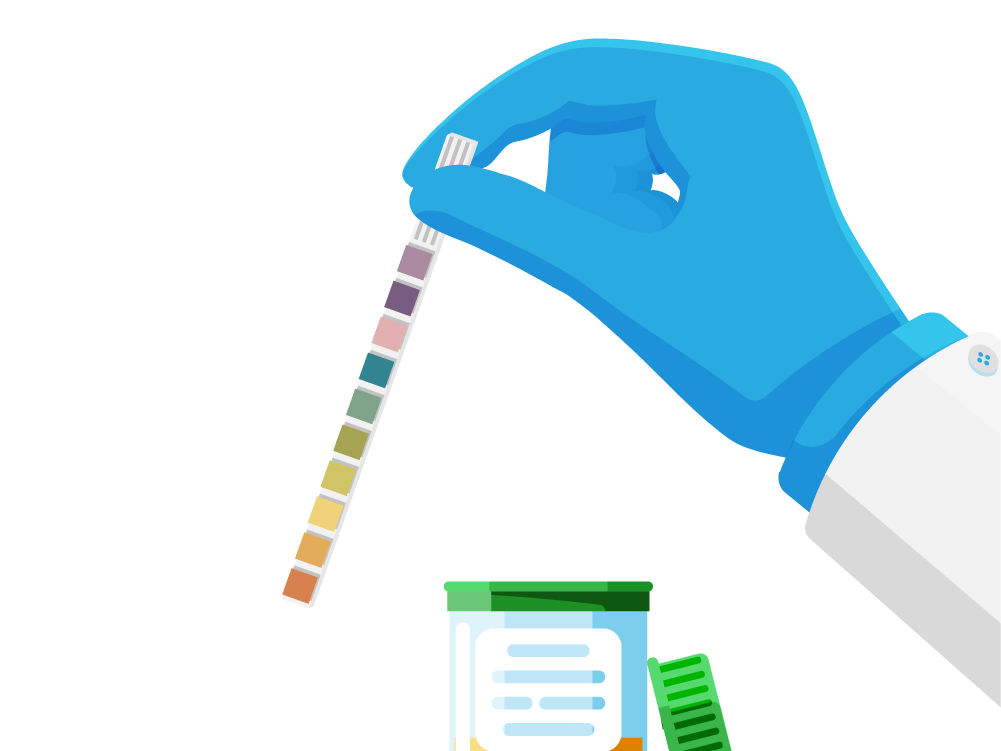Dr. Marina Suzuki is pushing for pharmacists to take an increasing role to promote safe use of drugs among patient-athletes.
By Joseph A. Cantlupe
As the Olympic Winter Games take place this month in Beijing, there will be plenty of competition in the 109 medal events. At the same time, there will also be scrutiny regarding anti-doping efforts. These efforts will be made to promote “the spirit of sport” among competing athletes, according to Dr. Marina Suzuki, associate professor & director for the Office of Global Pharmacy Education and Research at the Pacific University School of Pharmacy, who also serves as a pharmacist for the United States Anti-Doping Agency. She is an author of an article that appeared in the August 2021 issue of the American Journal of Pharmaceutical Education (AJPE) that argues the importance and uniqueness of sports pharmacy and asks pharmacists to take on a larger role to promote safe use of drugs among patient-athletes. Here, Suzuki discusses the importance of anti-doping education and the role pharmacy schools can play in helping pharmacists become better equipped with awareness, knowledge and skills so they can be advocates in the fight for clean sports.

Has anti-doping education been part of pharmacy school education generally?
Many pharmacy schools cover the concept of what drugs might cause doping. However, I believe it’s rare that students are taught about detailed anti-doping regulations and how exactly to address special needs of patient-athletes.
Some countries have a dedicated post-graduate degree and/or certification programs in the discipline of Sports Pharmacy or Sports Medicine. In the article published in AJPE, I introduced the certification program currently and successfully implemented by a national anti-doping organization in Japan. It would be ideal if all graduating students can offer appropriate assistance to patient-athletes and if pharmacy education can give them the confidence, so that our graduates at least know when and where to refer patient-athletes to avoid any violation of anti-doping rules.
If it is not part of the curriculum, what steps are needed to include it?
The first step is to recognize that patient-athletes constitute a special patient population. Many pharmacists would agree to categorize pregnant women, pediatric patients, geriatric patients and patients with renal/hepatic failure as a special population. Patient-athletes should also be recognized as such because standard treatment might not be appropriate among patient-athletes, based on the type of sports they play and the timing of their competitions. In the AJPE article, we discussed a few examples such as patient-athletes needing an infusion in an outpatient care setting.
I would imagine concepts on how to treat patient-athletes could be covered as part of special population courses or lectures without creating a new course or elective in the current pharmacy curriculums. It would be helpful to apply the same type of learning objectives and competency statements present for other special patient populations to patient-athletes as well.
What role can pharmacists play in promoting anti-doping?
Pharmacists should be aware of basic anti-doping rules and what medications need to be avoided when taking care of patient-athletes. We should be medication experts with the ability to provide safe and appropriate drug therapy. Also, pharmacists can help athletes and physicians seek exemptions to use treatments deemed necessary for their health when the use might be considered as a violation of anti-doping regulations otherwise. As the use of supplements and natural products is expanding among patient-athletes, pharmacists can also play an important role in educating patient-athletes so that they do not commit any unintentional anti-doping violations.
Is there a specialty in anti-doping education that student pharmacists can pursue?
While some physicians specialize in Sports Medicine, for pharmacists it might be ideal to have basic anti-doping knowledge no matter where we practice. We encounter patient-athletes in various settings rather than specialty care settings, especially in community and ambulatory care settings in general.
If pharmacists have a high volume of patient-athletes, such as those working with athletic teams on campus or in their community, or if more specialized training is desired, many national anti-doping organizations, including the U.S. Anti-Doping Agency, offer training modules applicable for providers including pharmacists. These are not certification programs for pharmacists, but the modules provide useful information for pharmacists.
What career options exist for student pharmacists interested in this area?
I’ve worked with pharmacists serving at national anti-doping organizations, so this could be an option. But if pharmacists are interested in working more directly with patient-athletes, they can collaborate with athletic teams or physician groups that take care of athletes. Actually, this type of collaboration might be rewarding, especially for pharmacists with ambulatory care or community pharmacy backgrounds.
We must remember that patient education plays a huge role in promoting clean sports among patient-athletes, and pharmacists have a unique knowledge and training to help patients get educated. That’s important because anti-doping rules apply not only for prescriptions but also for over-the-counter medications, supplements/natural products and recreational drugs.
Do you think there could be a greater need for sports pharmacists going forward as a developing field?
In medicine, more training is becoming available for physicians to specialize in this area and to treat patient-athletes. This is a trend that I hope pharmacy will follow, especially because there is a need from patient-athletes. Currently, the responsibility for not breaking anti-doping rules rests with each athlete. Athletes are expected to collect, interpret and follow information regarding all substances they are taking or applying to their system. This could be overwhelming for many athletes. It would be helpful if more pharmacists can get involved and offer help. This would ease the burden not only for the treating physicians and their medical teams but also for patient-athletes.
What is the importance of anti-doping education among patient-athletes?
It is vitally important to emphasize that patient-athletes need to check their anti-doping rules each time they use a medication, a supplement or any other substances. There is a Prohibited List that gets updated annually. There are substances prohibited across the board, but for some substances, whether it is prohibited or not can depend on different factors, such as substance formulations, doses, administration routes and the timing of administration. Even though a patient-athlete may not have violated anti-doping regulations in the past, he or she should diligently check substances each time they use because of changing regulations and potentially multiple factors that need to be considered.
Is there enough awareness about the need for training in the field of sports pharmacy?
Many pharmacists are obviously aware of the importance of avoiding doping, but the level of their awareness toward training needs might not be satisfactory. I wonder how many pharmacists today would confidently provide care or dispense medications if patients identify themselves as athletes who are scheduled to be tested against doping substances and to compete for medals soon. Pharmacists want to make sure the medications they recommend, prescribe or dispense will keep the patient-athletes in the competition for which they worked so hard, without violating any anti-doping rules. If pharmacists can play a role in preventing any intentional or unintentional doping and also promote clean sports, I believe that’s what we want as a profession.
Joseph A. Cantlupe is a freelance writer based in Washington. D.C.

